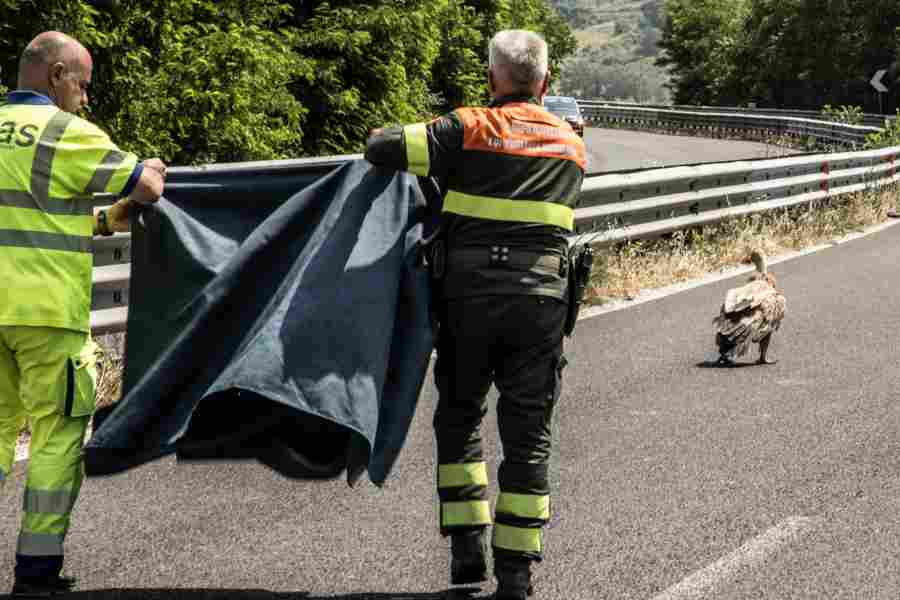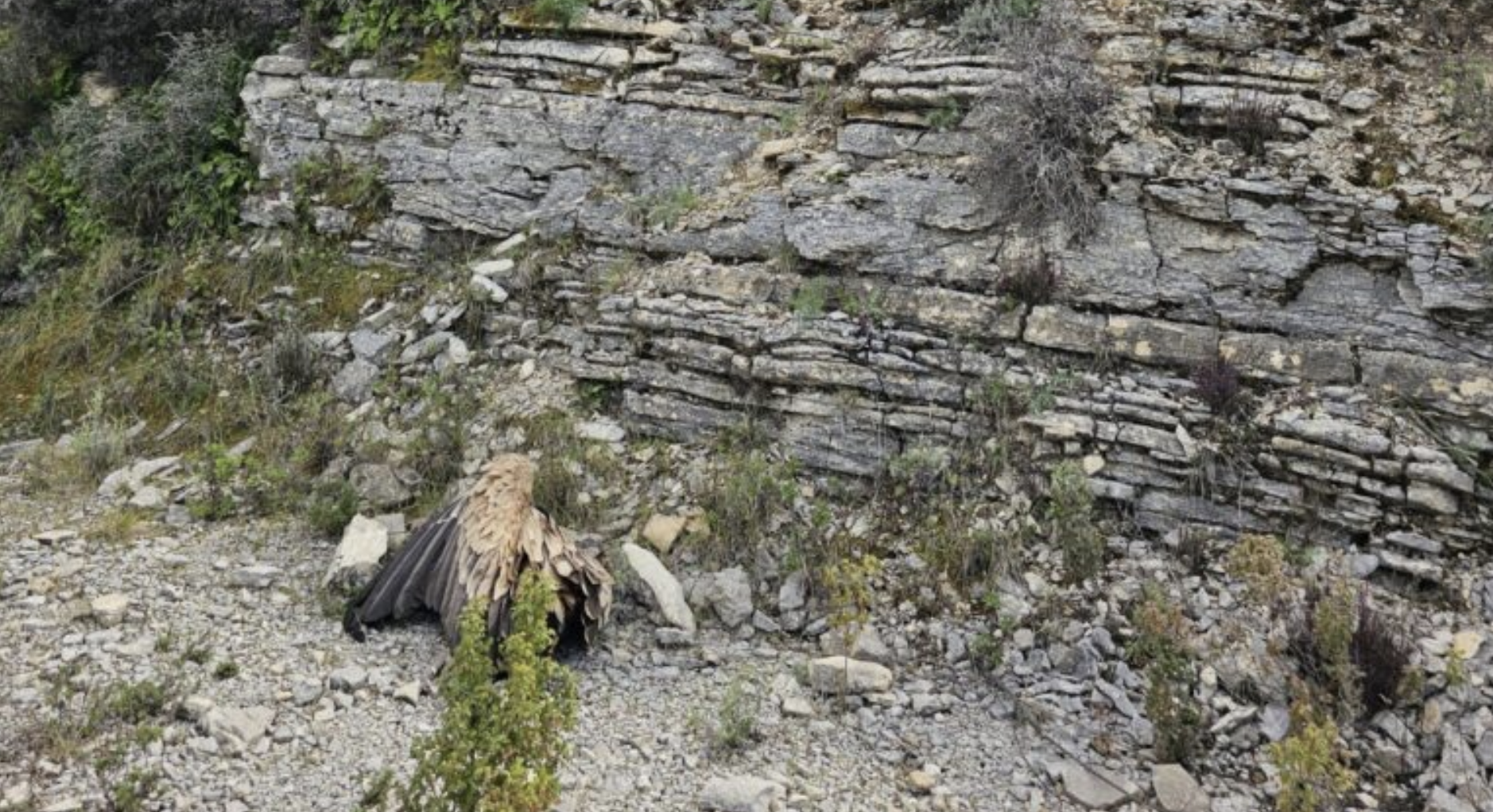The plight of African vultures has reached the international conservation agenda, with several species declining rapidly, up to the point that the IUCN decided recently to downgrade the conservations status of 6 species, including 4 that became now critically endangered.
One of the main factors leading to this decline is the widespread use of poison in the African continent, against predators, or sometimes used by poachers (see here). In the last few years many cases of massive poisoning of vultures have been reported, mostly in eastern and southern Africa.
Now news about another incident came from an area that so far had not seen any recent known cases – West Africa. This week at least 34 vultures – 27 Hooded Vultures (now Critically Endangered), 4 Ruppell’s Griffons (also Critically Endangered), 3 Eurasian Griffons, as well as a Brown Snake Eagle and another un-identified raptor, were found dead around two cows in the Tambacounda region of Eastern Senegal province, close to the border with Mali, in an area with a strong presence of transhumance shepherds, sometimes coming from the north of the country.
The incident happened about two weeks ago, first reported by a local forestry warden, and was fully documented this week.
The death toll was probably higher, as some of the poisoned vultures had been eaten by other animals – and the corpses of the cows mostly devoured.
This incident is now being investigated by staff from the Bureaux des Eaux et Forêts, while local and national stakeholders are also trying to collect more information about this incident. The reason for the poisoning is unclear at this stage, but local conservationists believe it is most probably related with predators (hyenas and leopards).
The VCF has already written to the Senegalese authorities asking them to take this incident seriously. We hope that the pattern of widespread poisoning we have witnessed in other areas does not start now in Senegal.
Photos: Jean Delannoy



